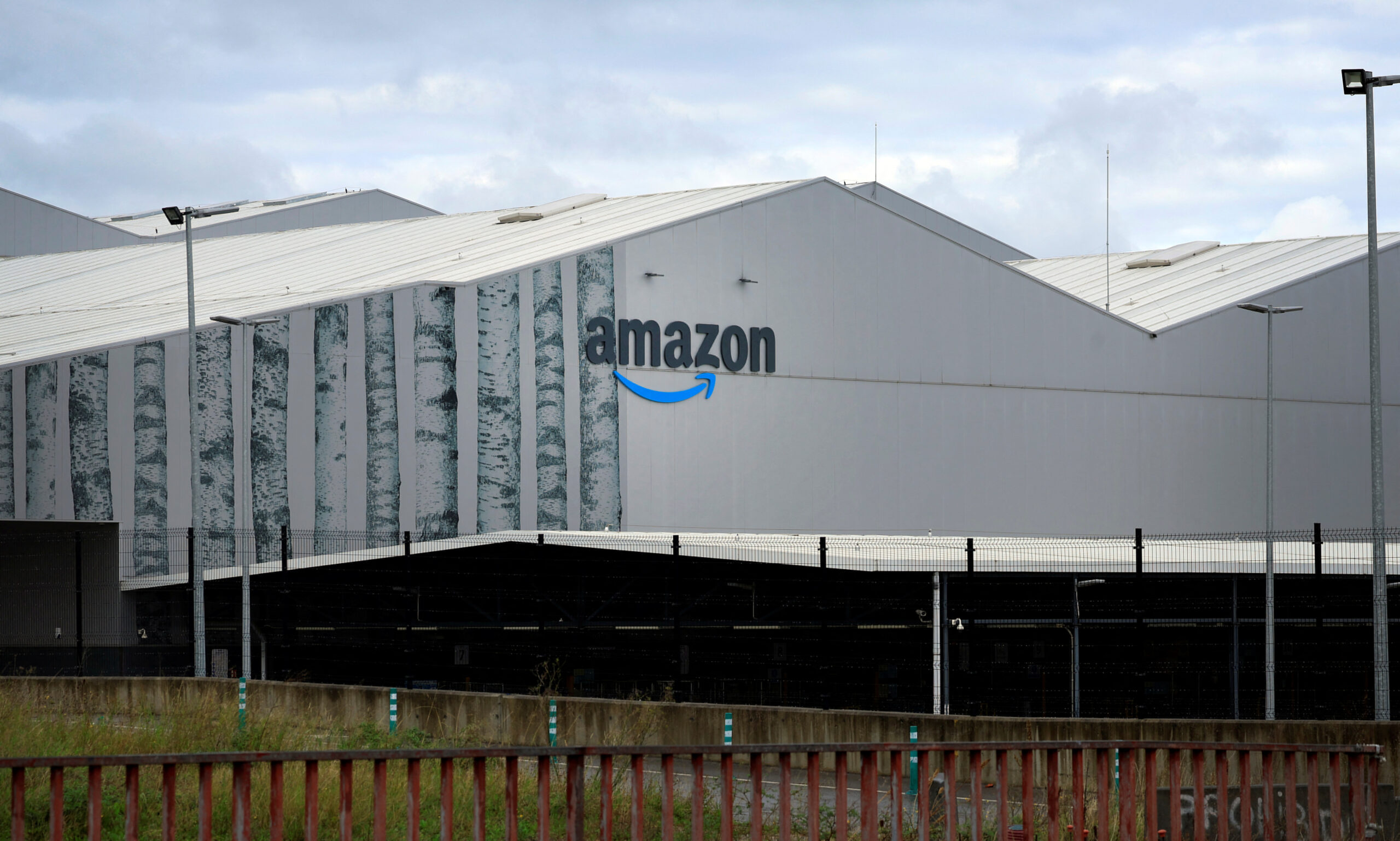Shares of Amazon (NASDAQ: AMZN) fell almost 10% on Friday after the online retailer reported slowing online sales growth in the second quarter and said consumers were seeking out cheaper purchase options.
The commentary from the online shopping behemoth aligns with recent value-conscious consumer behavior, ahead of retail giant Walmart’s (NYSE: WMT) quarterly results later this month.
Amazon CEO Andy Jassy said on a post-earnings call that customers were trading down on price when they could.
The company’s shares were trading at about $166, with the stock among the biggest drags on the Nasdaq. Amazon was set to lose about $188 billion in market value if the losses hold.
“Consumer spending trends facing retail peers appear to have finally caught up with Amazon’s P&L,” MoffettNathanson analyst Michael Morton said.
Amazon’s online store sales rose 5% in the second quarter to $55.4 billion, compared with growth of 7% in the first quarter.
Competition from Temu and Shein has intensified in the e-commerce retail business, with the companies selling various goods at bargain-basement prices directly from China.
“Amazon faces two challenges this year, a consumer that continues to search out lower prices and competition largely from discount sites such as Temu and Shein,” said Art Hogan, chief market strategist at B. Riley Wealth.
United Parcel Service (NYSE: UPS), the world’s biggest package delivery firm, is hiking fees to boost revenue which has fallen after Temu and Shein made low-margin, slower deliveries a bigger percentage of the Atlanta-based company’s business. Amazon (NASDAQ: AMZN) is UPS’ biggest customer.
However, Amazon’s quarterly profit and cloud computing sales beat analysts’ estimates.
Revenue at Amazon Web Services, its cloud unit, rose a better-than-expected 19% to $26.3 billion, days after Microsoft’s cloud division Azure fell short of market estimates and sparked more concerns around Big Tech’s hefty AI spend.
Seattle-based Amazon is playing catch up with rivals Microsoft (NASDAQ: MSFT), which partners with OpenAI, and Google in developing its own so-called large language models that can respond nearly instantly to complicated queries or prompts.
Amazon’s forward price-to-earnings ratio for the next 12 months, a common benchmark for valuing stocks, was 33.92, compared with Alphabet’s (NASDAQ: GOOG, NASDAQ: GOOGL) 20.46 and Microsoft’s 30.88, according to LSEG data.
(Source: Reuters)













